I just started listening to my first audiobook. I picked Brittney Cooper’s “Eloquent Rage” – a book about a black feminist discovering her superpower – for several reasons:
- I had never read a book by a black author, and
- I wanted to hear a female author narrate her own memoir since I have ambitions to do the same with mine.
I’m embarrassed to admit that I have never read a book by any black author. Looking at my library (electronic and physical) makes me whiter than Snow White. “Eloquent Rage” will be the first of many more to come.
There’s a lot to unpack in this book, and I’m not even half-way done. Brittney’s fast-paced and witty narration makes this a challenging listening experience: her background, her thoughts, her insights, and her ugly truths (and some assumptions based on facts) can be overwhelming to a white woman totally new to the plight of black women.
Let me reflect on some of my thoughts, inspired by Brittney’s words:
White-Girl-Tears (a.k.a. White-Lady-Tears)
Brittney explains that White-Girl-Tears or White-Lady-Tears happen when white women do or say something racist or offensive, and then, when called out by the offended party, turn to tears to deflect blame and to shift victimhood in order to get others to jump to their defense – so that everyone (other than the one who was disrespected) forgets about it. White women can be mean for no reason other than to exert power over someone they perceive in a lesser class or because they simply repeat some unfounded bullshit overheard by other dominating idiots. It’s output without internal individual thought. And because there’s no internal individual thought, the only available defense mechanism is the white-girl-tears-phenomenon mentioned above when confronted by an opponent who is trying to call out the offending white woman. Nobody wants to be accused of, “You made a (white) girl cry.” Deflection by way of tears. It happens.
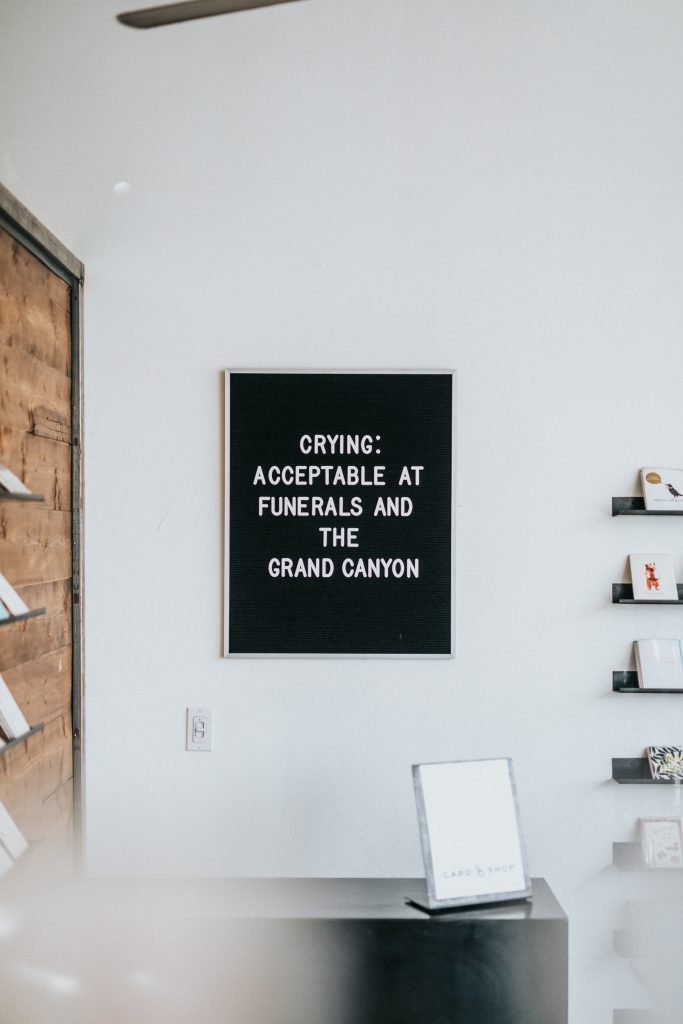
White-Woman-Privilege
There’s a ton of articles you can find on white privilege, and I encourage you to read-up on this white right, which allows us white women to basically do what we want (including crying our white-girl-tears) anywhere we want without major defining consequences or impact to our social standing. Of course, white women privilege excludes the right to equal pay, opportunities, and rights in the workplace, but talking about that here would be deflective and very white of me. Black women definitely are harder hit with these issues over my white privileged self.
White woman privilege includes the comfortable display of white aggressiveness when white women feel attacked, unsafe, or the need to “defend their whiteness”. Do you think a black woman could invade your white private space, point her black finger at your white face, yell facts/obscenities/jokes/threats at you and “get-away” with such behavior without any repercussions? Seriously. White women do not have to worry about getting shot or arrested by white police officers when they intrude on other people and threaten them.
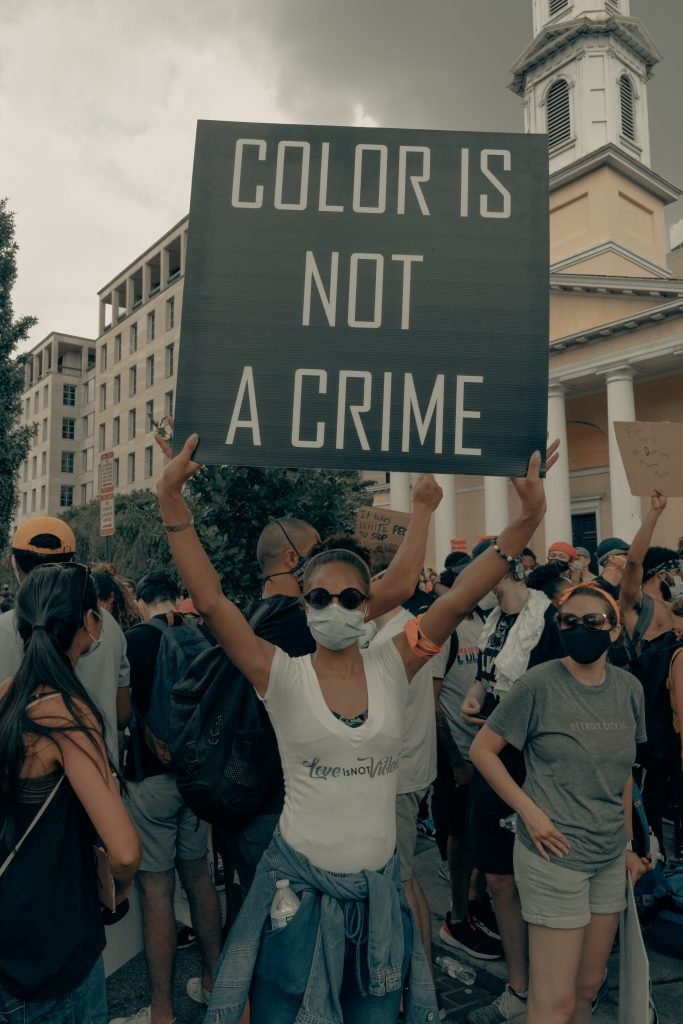
Both, White-Girl-Tears and White-Woman-Privilege, have major impacts on our white legal system.
Just look at the too many innocent dead black victims who were perceived as threats to whites by simply going about their daily lives. Or reverse the viewpoint: How many guilty white assailants were found not guilty by white jurors (and especially white women jurors who almost cried white-lady-tears when they visualized a perceived threat, hence excusing murder). And then, our society and the legal system agree on the “what if” scenario because black people are typically guilty of something. If that’s not white privilege justifying white power, I don’t know what is.
Again, let that sink in: We live in a society where innocent black people are threats which seem to warrant homicides while white murderers are accepted as defenders of justice in a perceived threat.
White-Women-Support
Or lack thereof. It depends on your race.
White women do not support black women who have been offended or assaulted by white men. When white men attack black women, Brittney eloquently said, “White women’s response is anemic.” White women play a crucial part in this cowardice acceptance of white crimes, and they need to change. Black women already are vocal critics of black crimes, and they will boycott black celebrities and businesses in a show of unity for justice, even when it furthers damages their race and social standing. I don’t see that commitment to race when it comes to white women and white crimes. For some reason, white women have a messed-up understanding of justifiable race support as I will outline in another paragraph on voting.
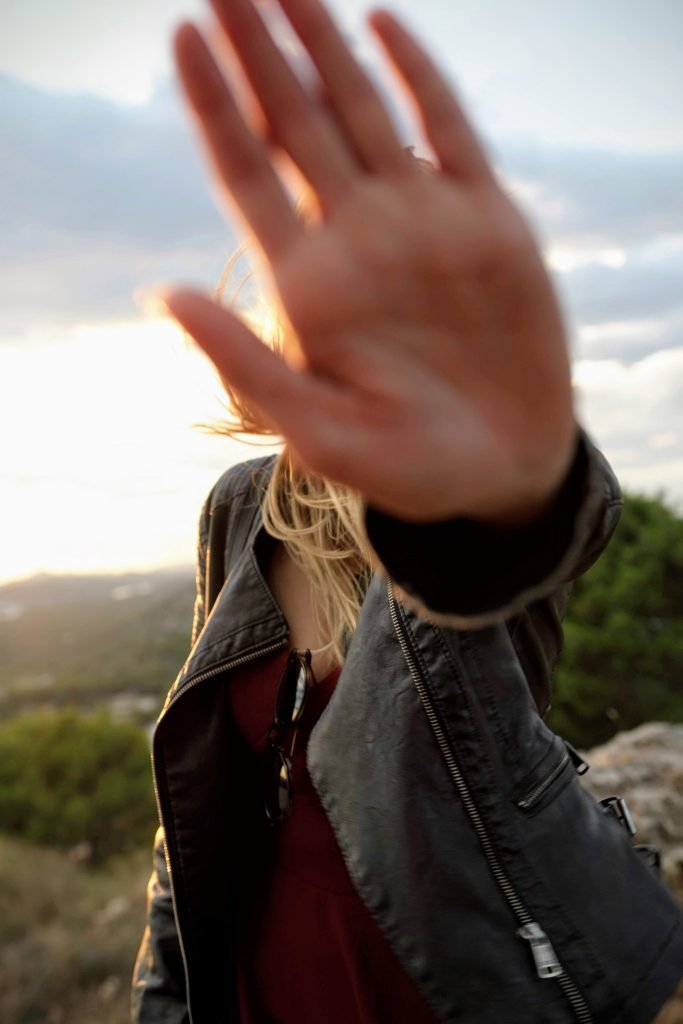
Let’s also consider that the #MeToo movement was started by black activist Tarana Burke in 2006 to help women of color from underprivileged communities who have experienced rape or sexual assault. It wasn’t until eleven years later – when the phrase was used by prominent white women to share their stories of sexual assault through social media – that the world started paying attention. So not only do white women not support black women, but we take credit for what black women have created.
White-Women-VOTING-SUPPORT
White women failed to support their gender in the 2016 presidential election and instead voted for a white sexist, bully, and racist, who belongs to a party that represents male interests.
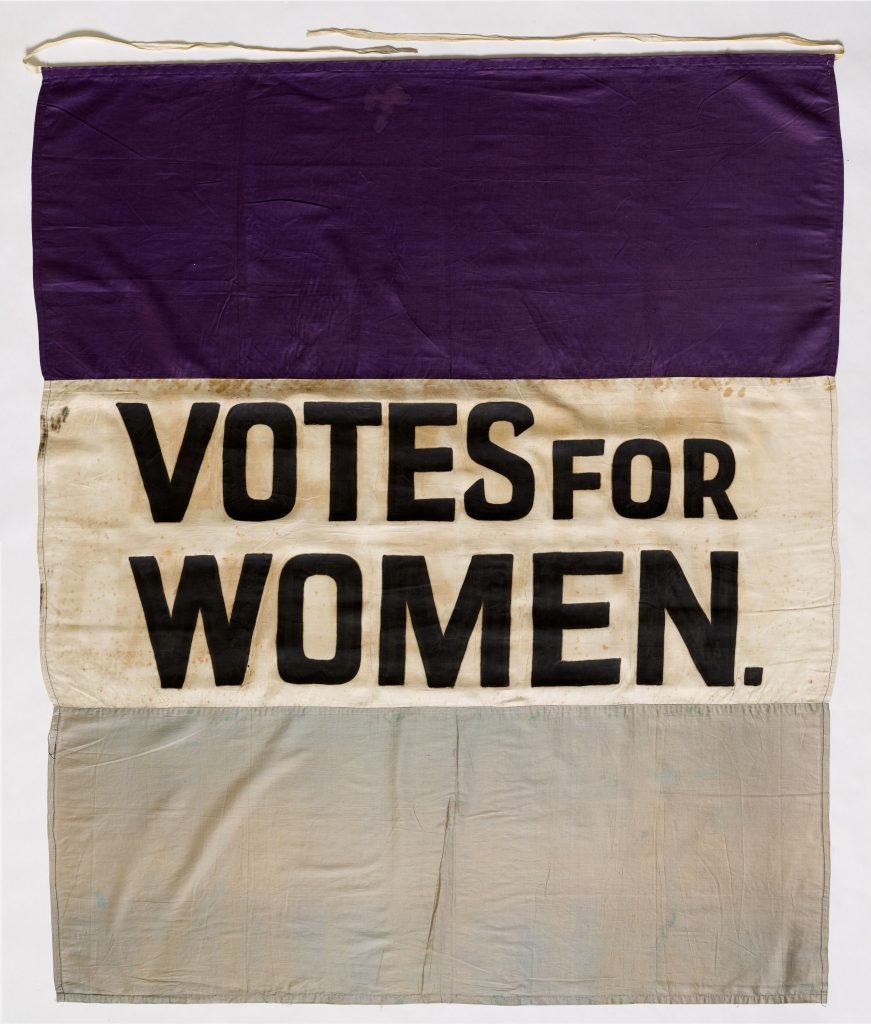
Looking at the history of voting rights, the suffrage movement started out with white women joining the fight to abolish slavery. They were willing to be ridiculed and punished for supporting black slaves to ultimately gain more rights for themselves (in pursuit of legislative inclusivity). When the 15th amendment was created, gender was excluded, leaving women to fight another fifty years before they won the right to vote. Some white suffragists even fought against the 15th amendment, fearing it would “degrade women at the hands of black men”. Additionally, there were concerns by black suffragists that they would be excluded from the 19th amendment if white women had their way. Sadly, it took almost forever before the 1965 Voting Rights Act finally enfranchised the black vote, an effort led by black women.
The point that I’m trying to make is that white men solidarily voted gender over race with the 15th amendment so that they could keep male dominance, and yet, here we are in a free country where white women in 2016 voted race over female interests. It’s a time when white women should NOT have supported race over gender.
My “DICKLESS” brand is another example of white women’s absence of support. I had wrongly assumed that (mostly white) women were fed up being labeled dickless by the Dicks, especially in the workplace, where the exclusion factor is so obvious and deliberate. Yet I have a higher success rate connecting with men who are willing to take a step down to offer a hand for women to step up rather than women who are willing and able to push men off their pillars. The absence of women in the gender discussion and their unwillingness to actually do something about it on every level, already had me worried about women’s solidarity before I ever got to Brittney’s book.
So What Gives?
I want this article to be an inspiration – and a wake-up call – to white women for thought and action.
White women need to stop blaming and deflecting.
Black women need to continue to be patient with us white women while we try to figure ourselves out. Please continue to reach out.
The world needs all women to make the right decisions for women for the betterment of the world. And this country particularly needs a different outcome in the next presidential election if we want to advance – not kill – the women’s movement.
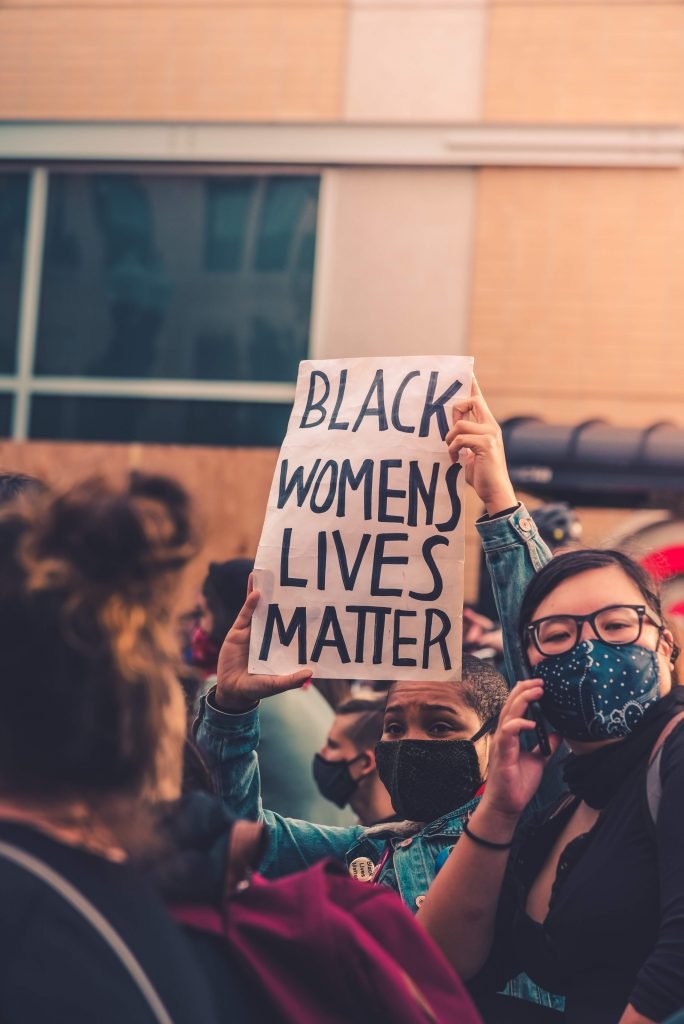
Thank you to Brittney Cooper (twitter: @ProfessorCrunk) for taking me on this new journey and for inspiring me to become a better white woman. Here’s another link to the book: https://read.macmillan.com/lp/eloquent-rage/
All of us can do our part and more. One of the most important steps is to register to vote. Make your voice matter. This link will offer information on how to register to vote: https://www.usa.gov/register-to-vote.
Feel free to share your ideas, thoughts, and comments below on how to inspire white women to be more inclusive. And I don’t mean to undermine the many white women who are doing an awesome job in the gender and race arena. But they are the exception, not the rule.
Please no White-Lady-Tears. I’m fresh out of tissues, and toilet paper is a lot more valuable right now to wipe away… well, the real youknowwhat.
I’m Petra and I’m an Equalizer.
I wrote a memoir (DICKOTOMY), and I’m passionate about women’s equality.
Check out my website for more information: https://www.petraweiser.com. For some eye-catching DICKLESS merchandise, check out: https://www.dickless.shop – where female bluntness meets fashion.
Here are two inspirational reads:
Click on this link to check out Christina Wyman’s opinion piece on white privilege confessions. Christina Wyman is an adjunct professor at Michigan State University. https://www.freep.com/story/opinion/contributors/2020/07/05/dear-white-people-stop-confessing-white-privilege-act-change-racist-systems/5375191002/),
Click on this link to check out Brent Staples’ opinion piece on How the Suffrage Movement Betrayed Black Women. Brent Staples has been a member of The New York Times editorial board since 1990. https://www.nytimes.com/2018/07/28/opinion/sunday/suffrage-movement-racism-black-women.html
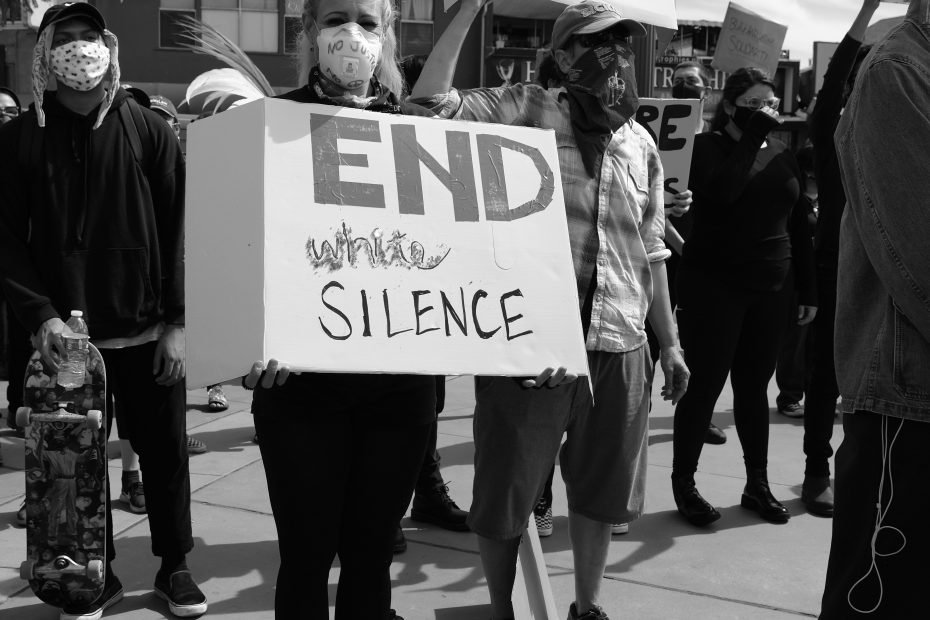


Good article Petra. So proud and impressed with your progress.
Awesome write up!
You need to run for political office. Get things right.
Comments are closed.